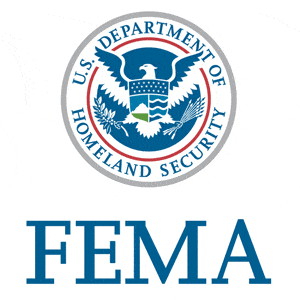
The organization dramatically spiked flood insurance rates under the Biggert-Waters Flood Insurance Reform and Modernization Act of 2012, a reform designed to help off set the cost of all the storm damages caused from 2005 to present. However, the high rate increases are causing insurance policies that were once manageable to triple in annual premiums.
States worry that homeowners will not be able to afford the insurance. While homeowners who own their houses outright can elect to simply forego flood insurance and self insure, people who have mortgages are trapped. Mortgage companies make it mandatory to have flood insurance in place in order to maintain their mortgages. How are families already strapped for cash in this economy supposed to come up with the extra money?
States worry that these exuberant rates will cause an already collapsed housing market to further decline as people start to lose their homes for not being able to afford the flood insurance. New buyers are likely to also hold off buying as the flood insurance is proving to be more expensive per month than the mortgage monthly payments. Homes mapped in the flood zone areas are seeing their rates affected. In marsh low elevation states of Mississippi, Florida, and Louisiana this flood zone includes vast portions of their states that far extends past the towns on the coast.
The coastal states hope to hold off economic financial ruin for their states, by fighting NEMA to gather more accurate data and reassess their rate increases. FEMA has until November 18th to file its brief in the case.

